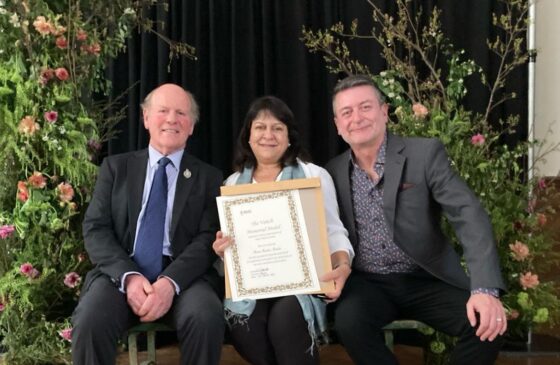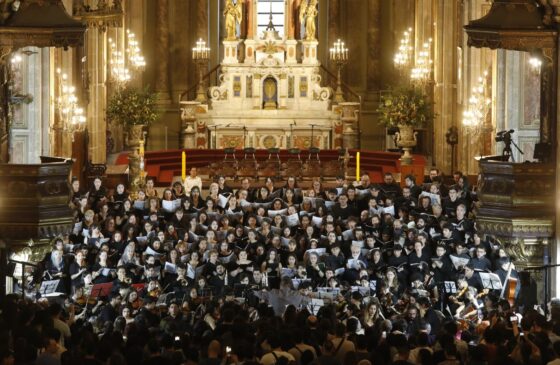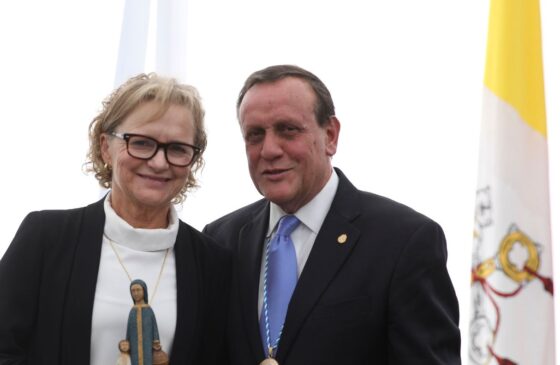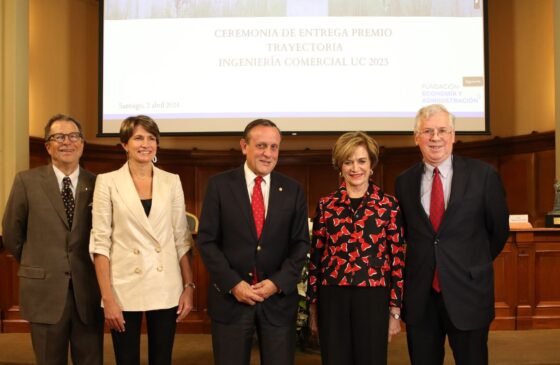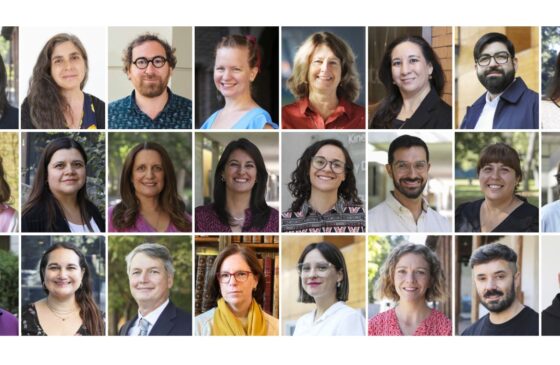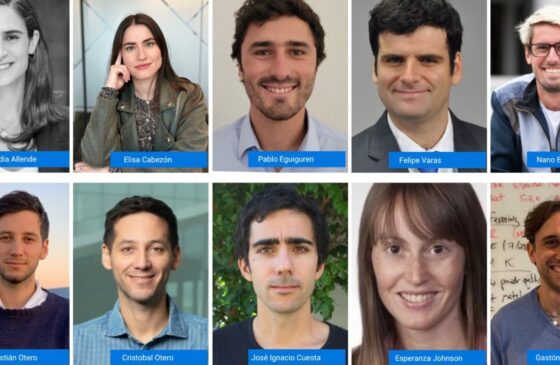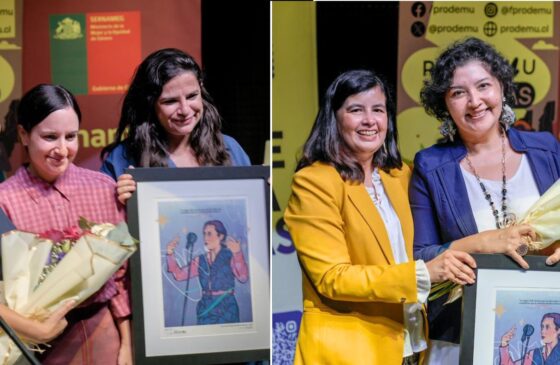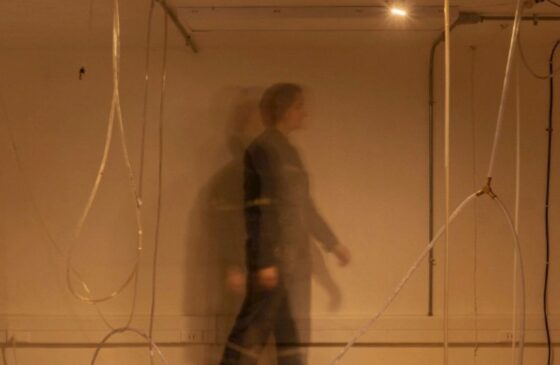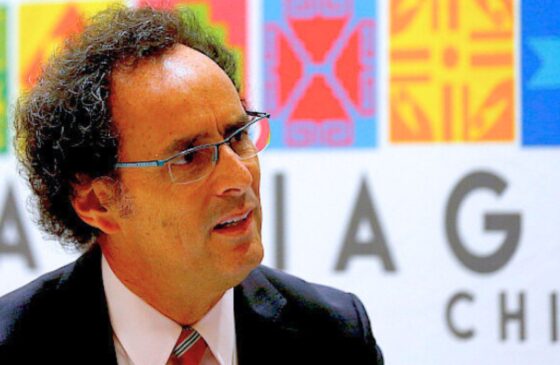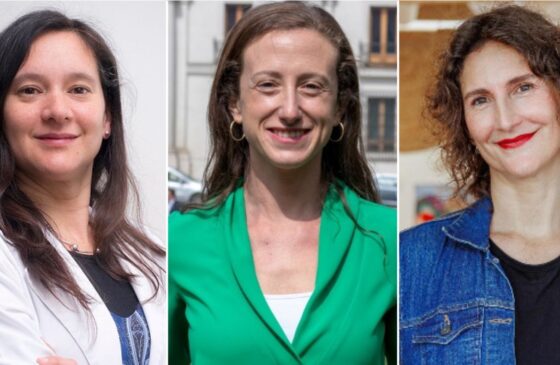PhD student on Chile’s Covid frontline
24/05/2021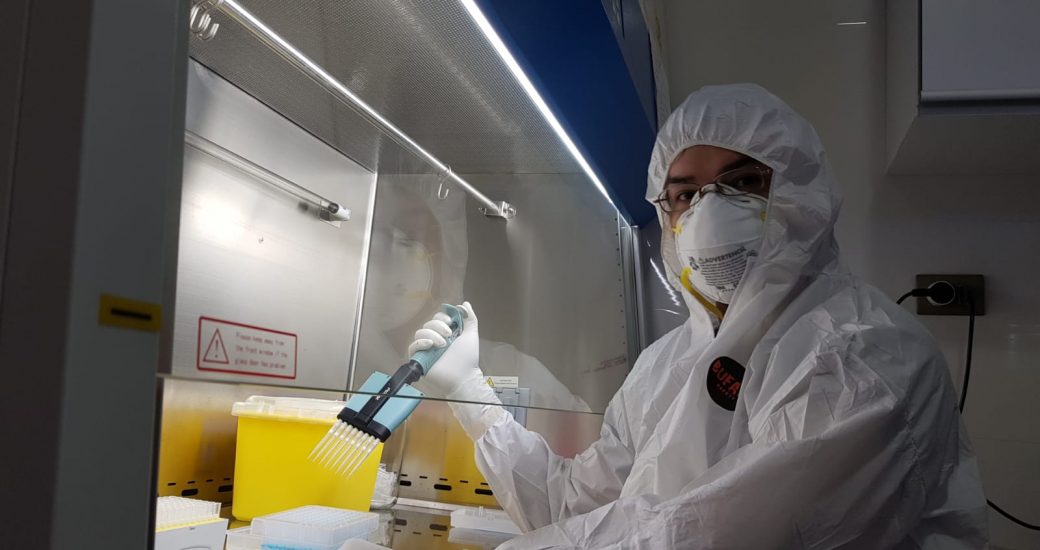
“I wanted to get involved in the frontline of the pandemic, and I thought I could use my knowledge to help people,” says Eduardo Santander (Pharmacology PhD 2018).
Eduardo’s research is in biomolecular imaging using atomic force microscopy, under the supervision of Professor Mike Edwardson in the Department of Pharmacology, but his undergraduate degrees enabled him to roll his sleeves up when the Covid-19 pandemic was declared in March 2020.
With his PhD paused – health reasons and then the pandemic necessitated intermission – Eduardo fell back on his Pharmacy and Biochemistry degrees from Pontificia Universidad Católica de Chile, Santiago.
He has been working as a community pharmacist in a local pharmacy in Copiapó, in the Atacama region of northern Chile, in dispensing and non-dispensing roles. He has also worked as a clinical biochemist to process patient´s samples (nasopharyngeal swab or saliva) in a Covid-19 testing centre (Faculty of Medicine, Universidad de Atacama). See picture below.
“When I started as a pharmacist, especially during full lockdown, a lot of people didn’t want to visit their GPs, because they were scared to get Covid,” Eduardo adds.
“The most important thing during the full lockdown was the non-dispensing role. A lot of people tried to get medicine and advice from the pharmacist, especially people with chronic diseases.”
The devastating impact of Covid has affected Eduardo, with one of his pharmacy colleagues dying early in the pandemic, and his father taken seriously ill for two weeks, before recovering. Eduardo is regularly tested and has avoided infection.
Eduardo was speaking on Zoom from Copiapó, a city with a similar population size to Cambridge, and the region is best known for the Atacama Desert, and as the place where 33 miners were rescued after 69 days trapped underground in 2010.
Chile is under national lockdown at present, with residents granted two permits per week to leave home to perform essential tasks, such as supermarket shopping and visiting the pharmacy.
Eduardo, who liked to travel around the United Kingdom and Europe during his time off from his research in Cambridge, will keep occupied as he awaits a return to Cambridge.
He hopes he will be able to resume his PhD, analysing the conformational changes in membrane-integrated ionotropic glutamate receptors using high speed Atomic Force Microscopy, in time for the 2021-22 academic year.
He says: “I am trying to get back to Cambridge, but I have to be patient. A lot of people have lost loved ones and their jobs. It’s a big problem for everyone in the world.”
Fuente: https://www.cai.cam.ac.uk/news/phd-student-chile%E2%80%99s-covid-frontline

